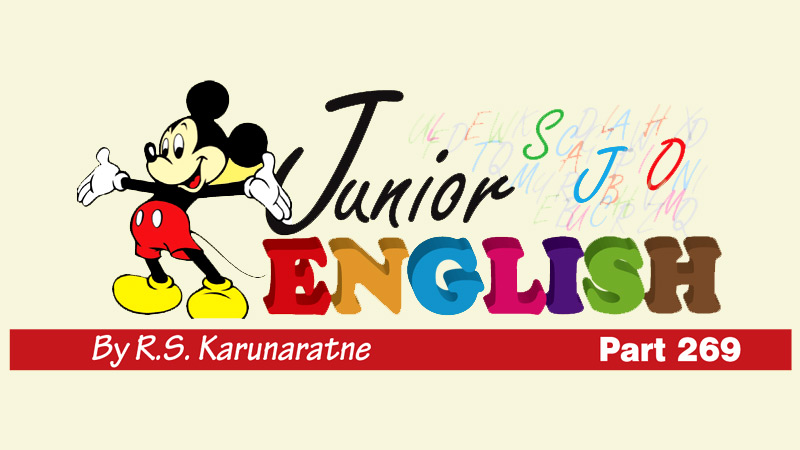This is a guide to help learners to communicate easily in both speech and writing through a better understanding of the English language.
Tableau
‘Tableau’ means ‘a group of people who do not speak or move arranged on stage to show a famous event.’
This word of French origin normally takes ‘x’ in the plural (tableaux), but most dictionaries give ‘tableaus’ as an alternative.
Talent / genius
‘Talent’ means ‘a special natural ability or skill.’
Susan showed a talent for acting at an early age.
In a talent contest people show how well they can sing, dance or crack jokes.
A talented person is very good at something such as singing, acting, or sports.
‘Genius’ means ‘a very high level of intelligence, natural skill or artistic ability.’
‘Talent’ is a capacity for achievement or success, but ‘genius’ implies an exceptional natural ability for creative imagination or original thought.
Tall / high
A person, building or tree that is tall has a greater than average height.
Khema is only five feet tall.
If a request or piece of work is a tall order, it will be almost impossible for you to do.
A ‘tall story’ is a story that is difficult to believe.
‘High’ is used of most things, especially when you are thinking only of how far something is from the ground, as in a high mountain.
Many things you cannot touch may also be high: a high standard, or high technology.
Tasteful / tasty
The word ‘tasteful’ means ‘made, decorated or chosen with good taste.’
It was a simple but tasteful arrangement of flowers.
Food that is tasty has a good taste.
The word ‘tasty’ can be replaced by words like ‘appetising’ or ‘savoury.’
Tautology
‘Tautology’ is a statement in which you unnecessarily say the same thing twice using different words.’
Ben sat alone by himself. In this sentence ‘by himself’ is superfluous and adds nothing to the meaning.
‘Temporal / temporary
The word ‘temporal’ means ‘related to or limited by time.’
Buddhism explains the temporal character of human existence.
‘Temporary’ means ‘lasting for only a limited period of time.’
A lot of unemployed people look for temporary jobs.
Those who go abroad for higher studies have to find temporary accommodation.
Tend / attend
Both words can be used in the sense of ‘to look after’ or ‘take charge of’ but ‘attend’ is always followed by ‘to’ whereas ‘tend’ takes a direct object.
The nurse attends to the needs of patients.
Shepherds tend sheep on the hillside.
Terminate
If something terminates or if you terminate it, it ends.
His contract of employment has been terminated.
Instead of using ‘terminate’ you can use words like ‘end, finish or conclude.’
Terminus / terminal
A terminus is the station or stop at the end of a railway line or bus service.
A terminal is a big building where people wait to get onto planes, buses or ships or goods are loaded on.
A ‘terminal illness’ cannot be cured and causes death.
A ‘terminal decline’ is the state of becoming worse and worse and never getting better.
The country’s railway service seems to be in a terminal decline.
Though / although
These two words are more or less interchanged with slight differences. The word ‘although’ is a more emphatic and imposing word than ‘though.’ ‘Although’ is usually used at the beginning of a sentence. The position of ‘though’ is more flexible than ‘although.’ Unlike ‘although’ ‘though’ can be placed last in a sentence.
We were at school together, but I haven’t seen her for years though.
Thrash / thresh / threshold
‘Thrash’ means ‘to beat someone violently in order to punish them.’
Sam was thrashed for minor offences on many occasions.
‘Thrash out’ is a phrasal verb meaning ‘to discuss a problem thoroughly with someone until you find an answer.’
The trade unions and the minister tried to thrash out a solution.
‘Thresh’ means ‘to separate the grain from the rest of corn or wheat by beating with a special tool or machine.’
‘Threshold’ is the floor of an entrance to a building or room.









